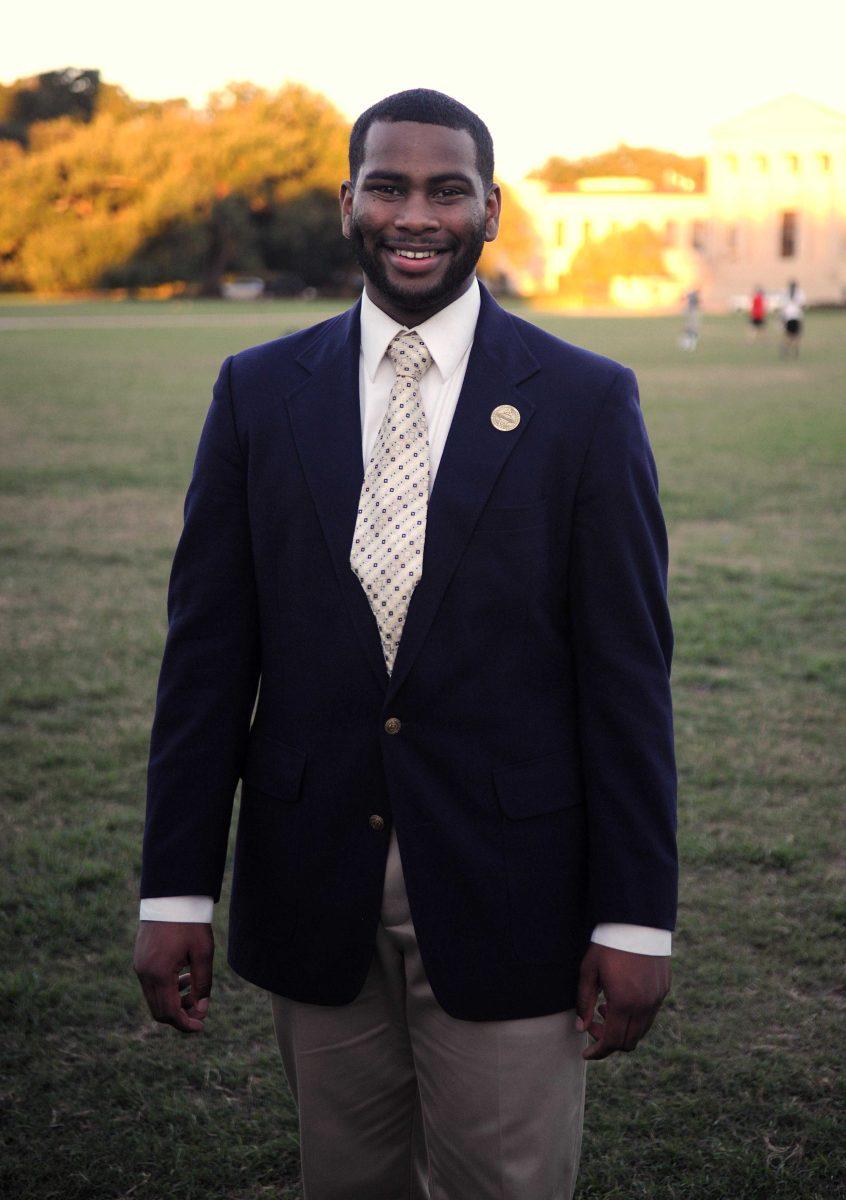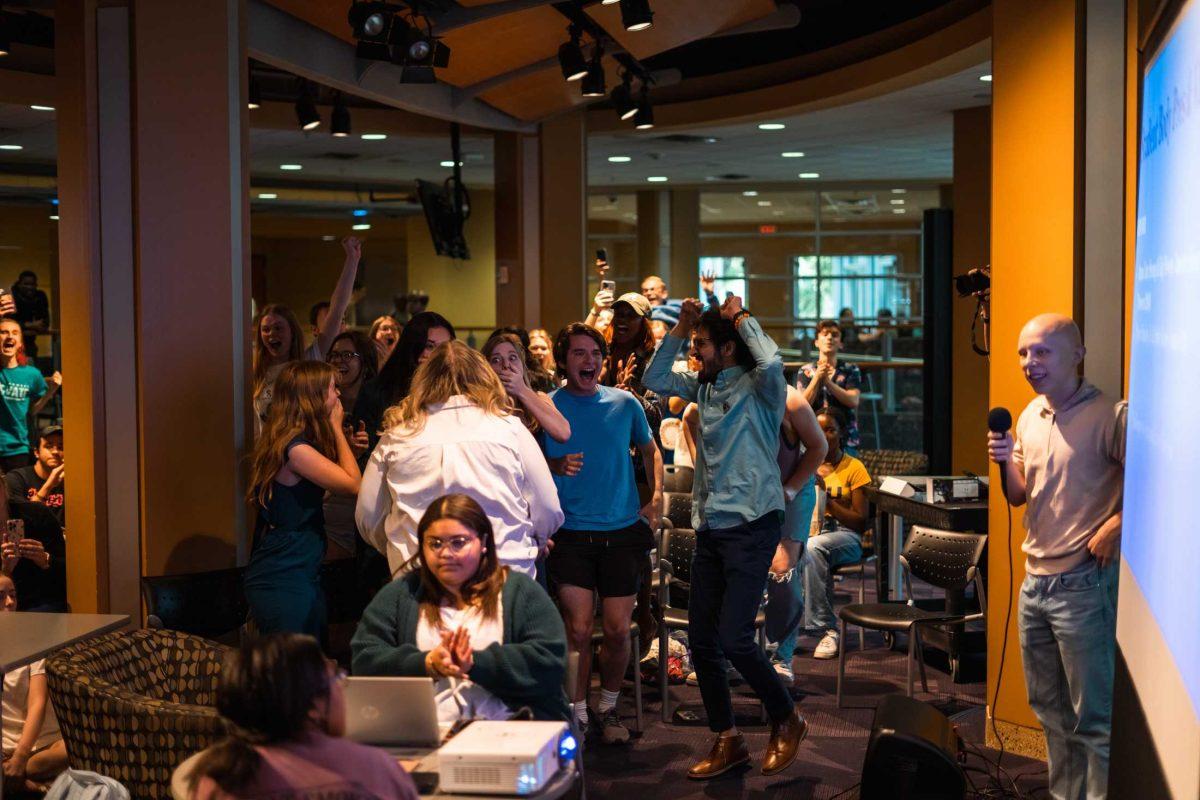When Ashley Hebert brought a resolution to Student Government two years ago to establish a black caucus, she did not expect the resolution to spark the debate it did.
“I never thought that trying to help the black community at LSU, I would face so much ignorance,” said the former senator and University alumna. “Until there are equal amounts of black students at this school, you cannot see there is no need for this caucus.”
Some SG senators voiced opposition to the caucus, expressing worry that the black caucus system will racially segregate people and potentially fragmentize student government. Hebert, the lead author, even received death threats.
Despite the intense debate, the resolution was enrolled on
March 3, 2011.
One of the other authors of the bill was Senator De-Andre Beadle.
Beadle has been with the Black Caucus since its inception, but fears its demise when he graduates — he is the only active
member.
“We are striving hard to make sure there is a future. I’m worrisome that the caucus could possibly die after I graduate,” Beadle said. “So the future I see would hopefully have the strength as a committee in student senate to review legislation and put it on the floor.”
The sociology senior wants minority students to utilize the Black Caucus so it will be a lasting sector of Student Government.
“I hope the caucus can bring black and minority students on campus together to say ‘Let’s get something done. Let’s use the resource of Student Government to get our needs heard,’ ” Beadle said. “That is the future I want to see for the Black Caucus.”
Beadle has reached out to minority student organizations on campus such as Black Student Union, NAACP and the National Pan-Hellenic Council to listen to the needs of minority students and to relay the foundations of the
caucus.
Delegates from each organization will attend caucus meetings so they can express the needs of students and brainstorm initiatives that adequately display minority representation on campus.
While the Black Caucus’ goal is to promote the needs of the University’s minority community, it also serves to dispel negative legislation that can hinder minorities, Beadle said.
Since the caucus’ inception, there haven’t been any tangible things done that students directly feel. This is primarily due to the consistently bleak representation numbers in SG.
Although Beadle is the only active member in the Black Caucus, he has received help from fellow Senator Jared Williams to strengthen its foundation. Beadle says he wants the foundation of the caucus to be concrete before other black senators join.
“I’m excited there are more black senators but before I bring them in, I want to make sure there is something concrete that they can come to,” Beadle said.
While the Black Caucus’ purpose is to provide the “black
perspective” and the members serve as representatives for the minority students, Beadle invites senators of other races to join.
“I don’t care if you are black, white, Hispanic, Asian, if you have the desire to hear the concerns of black and minority students on campus, I welcome you to attend,” Beadle said. “I don’t think we should discriminate to anyone being a part of the caucus.”
Beadle says he wants the black caucus system to expand to other schools, as the University is the only Southeastern Conference school that has a formally recognized black caucus.
“I went to the Student Government SEC Exchange and other schools were very interested in developing the caucus system,” Beadle said. “Some schools have a black caucus but it isn’t in the scope of student government.”
Senator fears end of Black Caucus
By Camille Stelly
October 24, 2013








